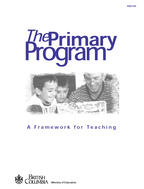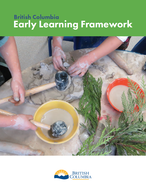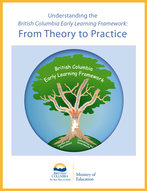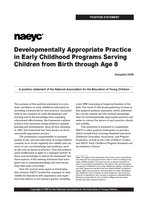StrongStart BC early learning programs provide school-based early learning services for families or caregivers and their pre-school aged children, at no cost to families. The programs are intended to fill a niche for young children who are not attending childcare and are in the home with their parent or other caregivers, such as grandparents or nannies. Both children and adults benefit from StrongStart BC early learning programs – children have access to high-quality learning environments and benefit from social interactions while the adults who accompany them learn new ways to support learning, both at the program and at home.
StrongStart Policy Statement
StrongStart BC early learning centres provide school-based, high-quality early learning programs for children not yet eligible for kindergarten, accompanied by a parent or caregiver. These programs are designed to support the success of students when they enter Kindergarten.
The years between birth and school age are a critical time in a child’s life. The experiences that children have in the early years influence their future health, well being, and life-long learning. Investment in children’s early years can positively affect the future lives of British Columbians. Children who are exposed to language rich environments and play-based early learning experiences are more likely to develop the skills, knowledge and dispositions to support their success in school.
Early Childhood Educator Belief Statements
| What is our image ofthe child as a learner? | Children are unique individuals who learn with their whole bodies, minds and hearts through interactions with others and their environment. Each child has their own unique interests, needs and learning styles |
| What is the role of the educator in the early learning program? | An early childhood educator should be nurturing, friendly and passionate. They should always provide a safe, welcoming learning environment where children can explore and be curious. The educator should embrace a child's uniqueness, nurturing the whole child. |
| How do young children learn? | Young children learn best through play, imagination and inspiration. Children thrive when given independence, flexibility and the freedom to explore. Playful learning flourishes when children feel safe and secure in an environment where their ideas and feelings are honoured and nurtured. |
| An early learning programneeds to be… | …open-minded and inclusive to everyone. It meets the needs of both the children and families and is understanding of all abilities. An early learning program is thought-provoking, creative and spontaneous. It will support the whole child, be developmentally-appropriate, intentionally-planned and responsive to the learningneeds of each child. Children should always feel welcome, safe and celebrated. |
Our statements are based on the following documents
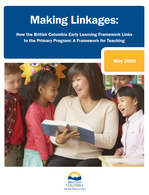
| Making Linkages: How the British Columbia Early Learning Framework Links to the Primary Program: A Framework for TeachingBC Ministry of Education, (2009) |


